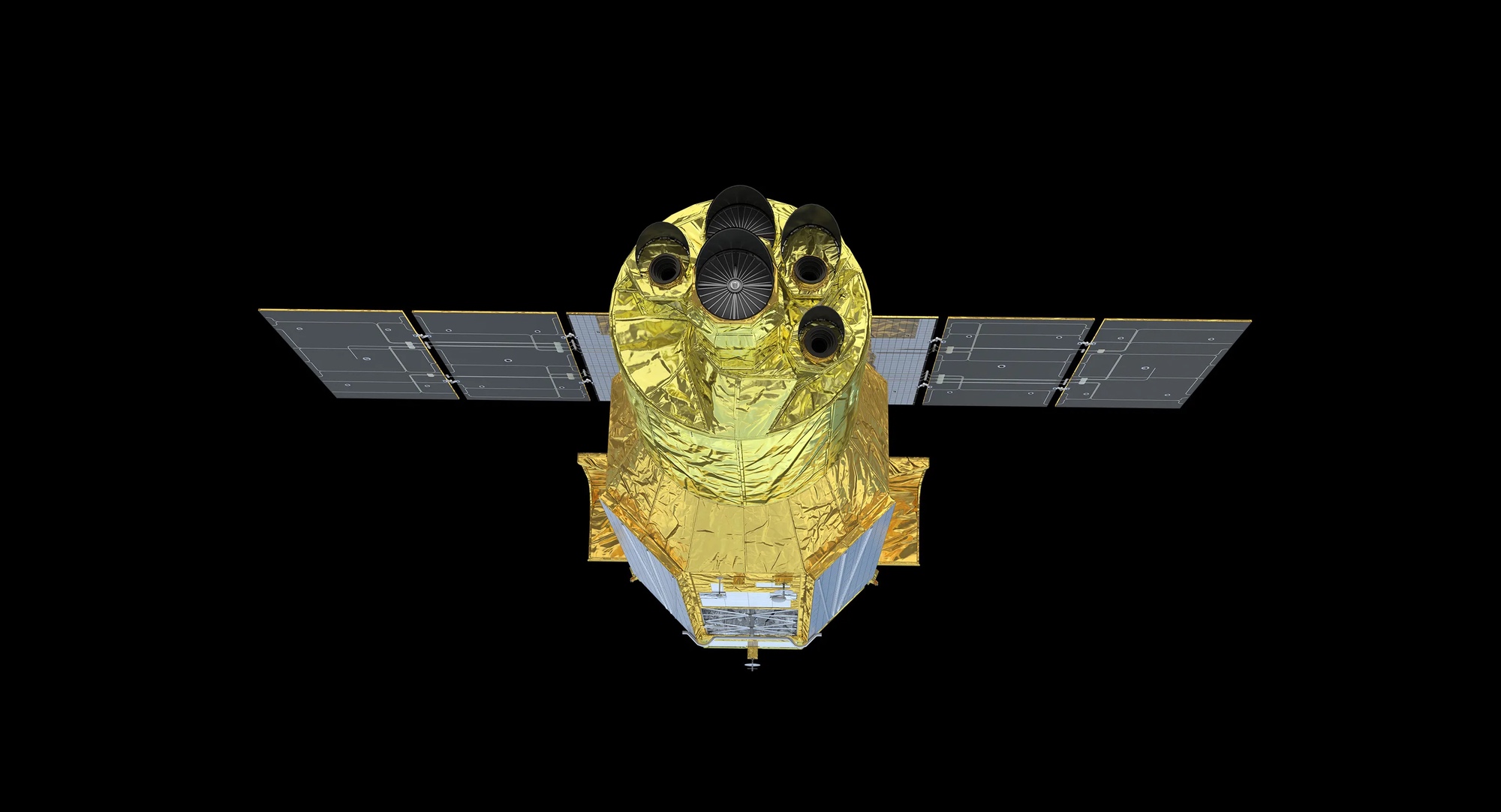
NEW ORLEANS — A Japanese X-ray astronomy satellite, with contributions from NASA and ESA, is working well in orbit four months after its launch, other than an issue that could affect one of its instruments.
The Japanese space agency JAXA launched the X-ray Imaging and Spectroscopy Mission (XRISM) on an H-2A Sept. 6. XRISM is a replacement for the Hitomi spacecraft, which malfunctioned shortly after its launch in 2016.
JAXA and NASA released the first data from XRISM Jan. 5, demonstrating the performance of its two main instruments, a spectrometer called Resolve and imager called Xtend. NASA cooperated with JAXA on the development of Resolve and also built the spacecraft’s X-ray mirror assembly.
Formal commissioning of XRISM is expected to wrap up at the end of the month, said Richard Kelley, U.S. principal investigator for XRISM at NASA’s Goddard Space Flight Center, during a session of the 243rd Meeting of the American Astronomical Society here Jan. 8. “The spacecraft is working extremely well,” he said, with the two instruments meeting or exceeding most requirements.
The only serious issue, he said, is with an aperture door for Resolve. That door was supposed to open after launch but has not despite several attempts to do so.
The door features a beryllium window and a stainless steel mesh. Beryllium is relatively transparent to X-rays, so even of the door remains closed the instrument can still operate but with reduced throughput, particularly for X-rays at lower energies.
“JAXA is very seriously and energetically investigating what’s going on here,” Kelley said. He didn’t estimate the chances those efforts will open the aperture door, but “people are very hopeful that it will be able to open eventually.”
“It’s frustrating right now for our team and scientists who want to use the observatory, but you have to look at the big picture here,” he said, noting that most of the science planned for Resolve was involved X-rays at higher energies less affected by the door. “We’ll just have to observe some targets longer.”